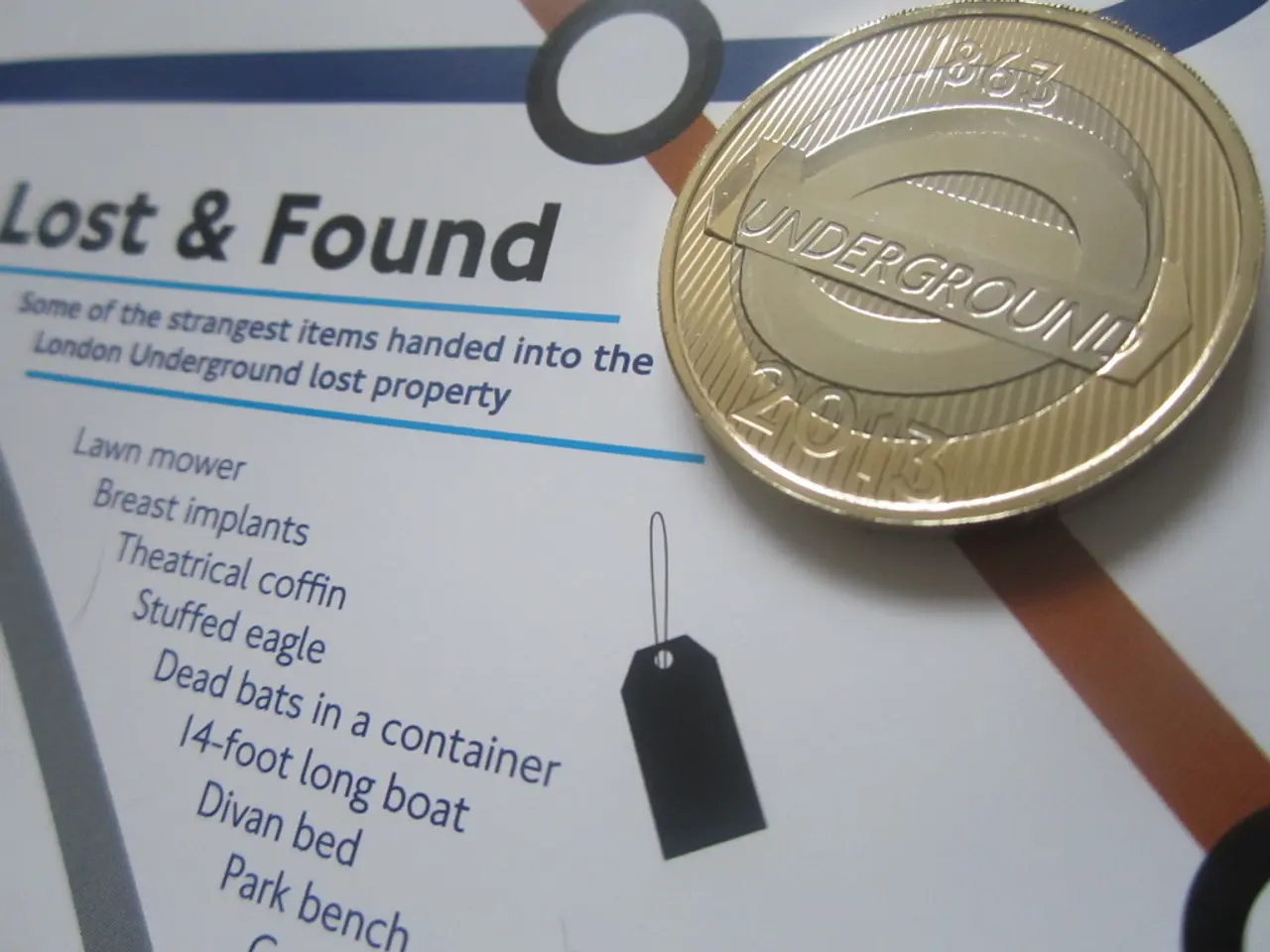Analyzing the Regulatory Landscape: Does the Recent Stablecoins Act Position Hong Kong as the Leading Virtual Asset Hub in Asia?
Hong Kong has taken a significant step towards regulating the stablecoin market with the passing of the new Stablecoins Ordinance in May. The ordinance, which will come into effect in August, aims to ensure financial stability, consumer protection, and market transparency in Hong Kong’s regulated stablecoin ecosystem.
Key Requirements for Fiat-Referenced Stablecoin (FRS) Issuers
Any person issuing or actively marketing an FRS in Hong Kong, or issuing an FRS purportedly referencing the Hong Kong dollar, must obtain a license from the Hong Kong Monetary Authority (HKMA). The requirements for FRS issuers are comprehensive and stringent.
Issuers must have a paid-up share capital of at least HK$25 million or another amount approved by the HKMA. They must maintain adequate financial resources and liquid assets to meet obligations, including orderly exit plans. Financial resources should be dedicated solely to stablecoin activities and not used for dealings with related parties.
Stablecoin issuers must maintain a 1:1 reserve ratio of high-quality, liquid assets backing their stablecoins to ensure parity with the fiat reference currency. The reserves must be segregated from other assets and invested with minimal risk.
Issuers must guarantee redeemability of stablecoins at par value without undue conditions upon request by stablecoin holders. Only licensed stablecoins can be offered to retail investors, and users are granted direct rights to the reserve assets if the issuer becomes insolvent.
The HKMA guidelines consider factors like jurisdiction of incorporation, location of staff, and where minting, burning, redemption, and reserve management activities occur, determining whether an FRS is issued in Hong Kong. Licensed entities are listed in a public registry to verify legitimacy, and false claims regarding licenses will be criminal offenses under the ordinance.
Implications and Market Response
The Stablecoins Ordinance provides clear redemption rights and legal protections for stablecoin holders. However, it risks shutting out entrepreneurial innovators who have traditionally been the driving force behind fintech advancement. The global stablecoin market is currently dominated by USDT and USDC, which together represent approximately 85 percent of stablecoin market capitalisation worldwide. Without knowing if USDT or USDC intend to be licensed in Hong Kong, the new ordinance could make it illegal to offer them unless a license is held from a very short list of five issuers.
Despite these concerns, the ordinance is generating significant market interest from financial giants like Ant Group and Standard Chartered Bank. This could particularly impact family offices and other institutional investors who regularly use these instruments for cryptocurrency transactions.
Looking ahead, Hwang sees tokenisation of traditional financial assets and digitalisation of national currencies, including the RMB, as key development areas for Hong Kong. To become a global leader in virtual financial assets/digital currency, Hwang believes that Hong Kong needs to pave the way for greater institutional acceptance and adoption of VAs. To do this, investors may need to hold a license that qualifies them as a "permitted offeror," or they could be prohibited from doing so.
[1] Hong Kong Monetary Authority (HKMA), "Stablecoins and Virtual Asset Service Providers - Consultation Paper" (2021), available at: https://www.hkma.gov.hk/media/eng/doc/key-initiatives/consultation-docs/2021/stablecoins-and-virtual-asset-service-providers-consultation-paper.pdf
[2] Hong Kong Monetary Authority (HKMA), "Guidance on Fiat-Referenced Stablecoins" (2021), available at: https://www.hkma.gov.hk/media/eng/doc/key-initiatives/guidance-docs/fiat-referenced-stablecoins-guidance.pdf
[3] Hong Kong Monetary Authority (HKMA), "Stablecoins Ordinance (Cap. 657)" (2021), available at: https://www.legco.gov.hk/yr202021/english/legislation/bills/10sb001-20210511-e.pdf
[4] Hong Kong Monetary Authority (HKMA), "Stablecoins Ordinance (Cap. 657) - Frequently Asked Questions" (2021), available at: https://www.hkma.gov.hk/media/eng/doc/key-initiatives/faq-docs/stablecoins-ordinance-cap-657-faqs.pdf
- Businesses seeking to issue Fiat-Referenced Stablecoins in Hong Kong must abide by strict laws, including obtaining a license from the Hong Kong Monetary Authority (HKMA) and maintaining a 1:1 reserve ratio of high-quality, liquid assets to ensure parity with the fiar reference currency.
- With the new Stablecoins Ordinance, technology companies like Ant Group and Standard Chartered Bank may be complying with laws and regulations to offer stablecoins, while traditional finance players could face changes in their compliance requirements, such as holding a license to qualify as a "permitted offeror."




